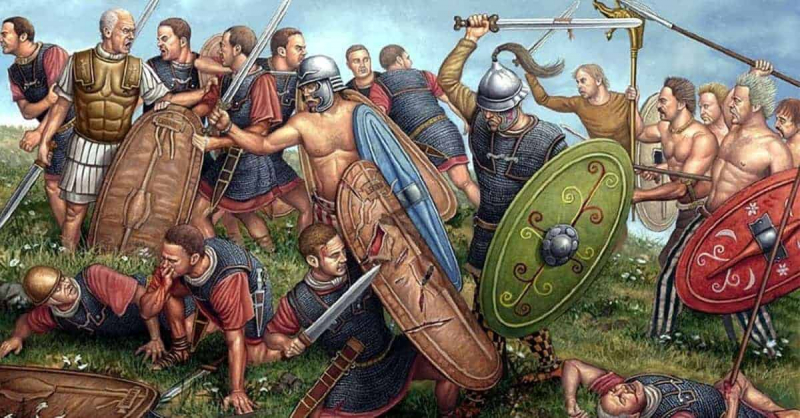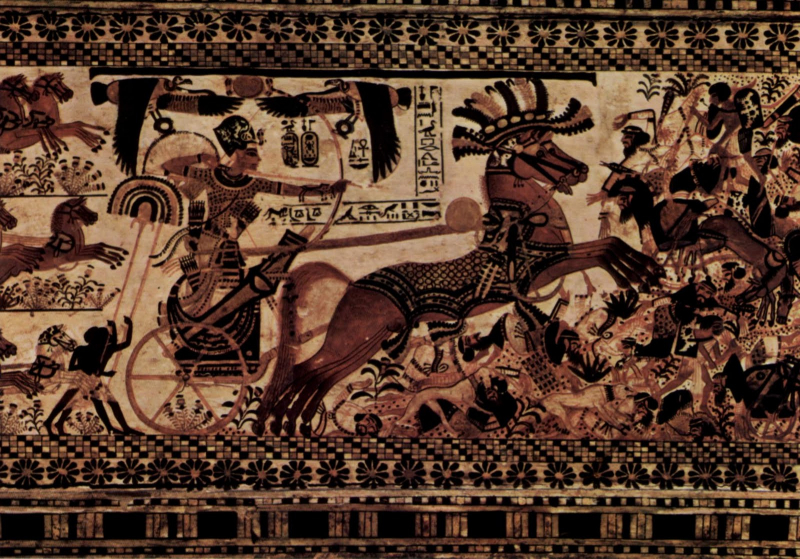Wars Were Won on the Basis of Single Battles
One of the long-held theories about the American Revolution was that the country gained freedom because, despite their inability to beat His Majesty's forces in open warfare, the Americans could use guerrilla warfare to gain the upper hand. Although we've previously discussed how accurate that is, history textbooks frequently portray the idea that American rebels preferred guerrilla tactics as some sort of innovation. Practical arguments support the notion that this was the case: Fielding an army would not have been feasible due to less advanced agricultural technologies because both sides would have needed to send men home for the harvests or risk financial collapse.
However, battle and attrition were concepts that were well known even in ancient times. Emperor Fabius was known for his prowess with them, and as a result, the colloquial expression "Fabian tactics"—being strategically aggressive to wear down an adversary, especially one who is typically unbeatable in a pitched battle—came to be used. While he decimated their troops four times on the Italian Peninsula during the Second Punic War, they would enable Rome to overcome Hannibal. During the Gallic Wars, they came dangerously close to stopping Julius Caesar, and Caesar gave Vercingetorix a lot of credit for his expertise in handling them.
According to Garrett Fagan and Matthew Trundle's New Perspectives on Ancient Warfare, even Sparta was defeated through attrition warfare, in large part due to its extreme reliance on slave labor, which made their positions more precarious if the troops had to be mustered for an extended period of time. Any amount of toughness won't be able to support troops who can't get supplies or don't seem to be moving forward.












